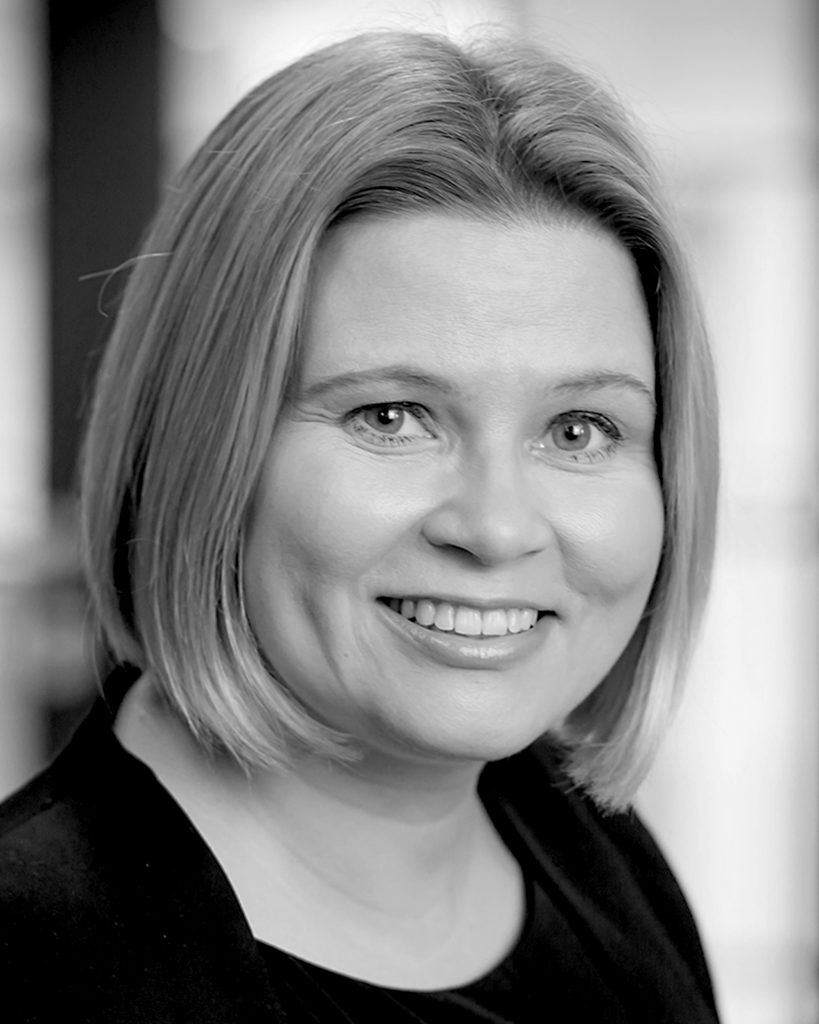The Smart Future of Senior Living
Date
May 25, 2018It is a well-known fact that the UK population is getting older, with almost 25% expected to be over 65 by 2040. Fitter, healthier and wealthier than previous seniors, this generation sees retirement as an opportunity to explore alternative careers and passions such as music, writing, or art. Alongside this fresh start lies a desire to remain independent and healthy in one’s own home for as long as possible. This next generation of seniors expects care services to be provided when needed, and access to acute hospital care available if essential. When people stay in their own homes and remain healthy and independent, it eases the pressure on Health and Social Care Services, making a better situation for all.
In order to fulfil these wishes we need to design good quality, flexible and adaptable new housing that remains suitable throughout the occupant’s life. Housing should support the elderly in staying healthy and independent, and enable them to play an active and meaningful role in society.
Appropriate accommodation allows people to live independently and happily for longer, delaying or preventing the need for residential care. By avoiding unnecessary hospital admission, this allows for people to live more comfortably and for longer.
Beyond peoples’ wishes and the savings to society, there is another reason to design and develop housing that promotes independence – a potential lack of care staff. Already, there are 90,000 care vacancies advertised in the UK at any given time. As we get older, most of us will need more care and access to innovative technology that can be tailored to our changing needs. In the future, embedded sensors in care bedrooms or apartments could be used to detect not only movement and quality of sleep, but also to monitor a person’s health. This could in turn help prevent illnesses and ensure medication is correct. The collected data could be used by doctors and health care professionals to predict falls, track heart rates or even check for signs of a stroke. Innovations such as these were recently showcased by students at the University of Kansas in their winning design for the Senior Housing News Design Competition.
A Tech-Assisted Transition
In the UK, WSC Care already uses innovative acoustic monitoring – a non-intrusive system used at night to discreetly monitor every room for unusual sounds, sending alerts to manage if further care is needed. This technology removes the need for hourly door-knocking as part of overnight checks, meaning that residents can sleep undisturbed, positively effecting their mental and physical wellbeing.
Care and independence at home could be further supported by robotics such as those by Bristol Robotics Laboratory. Researchers there have been developing a multi-bodied ceiling-mounted robotic care system named ‘JUVA’. JUVA could help a person with personal hygiene tasks, help them get ready for the day and even support them in preparing their favourite meal in the kitchen. JUVA’s various components can be mixed and matched to enable the customer to undertake a wide range of independent home-based tasks or to assist care workers to provide aid for an increased number of customers. Although still in the future a mass application, it is worth remembering that even now, technology exists for robot vacuums, home security, temperature regulation and other levels of home assistance.
When it comes to our own work, IBI Group has been at the forefront in designing innovative solutions to assist in independent, healthy living. Our work as specialist advisors on the NHS Healthy New Towns programme will create healthier, integrated communities- impacting up to 58,000 new homes in the UK. Beyond this project, we’ve been exploring new ways to weave health care services and independent homecare through our Ageless Living program. We believe that everyone benefits when people get to live healthier, longer, and happier lives- and this should be a shared goal for us all.
Photo by Nathália Bariani on Unsplash
Maarit is an experienced, Chartered Architect with years of experience in high profile and award-winning sheltered and extra care housing, retirement villages and care homes located throughout the UK. Maarit specializes in architecture and design for over 55’s, designing bespoke and inspiring residential architecture which allows for flexibility within the design for changing needs and individuality of the residents with a consideration to their health and well-being. Each design is a unique response to the site and brief, and developed through a dialogue with clients and end-users. During her career, her designs have achieved several awards for design quality, most recently at Healthcare Design Awards 2018 and Housing Design Awards 2017. Maarit has designed retirement living developments worth £20m+ in value. Working with some of the largest local authorities, charities, housing associations and private developers in the UK, her knowledge has provided her with the best practice knowledge and innovation in this sector.









